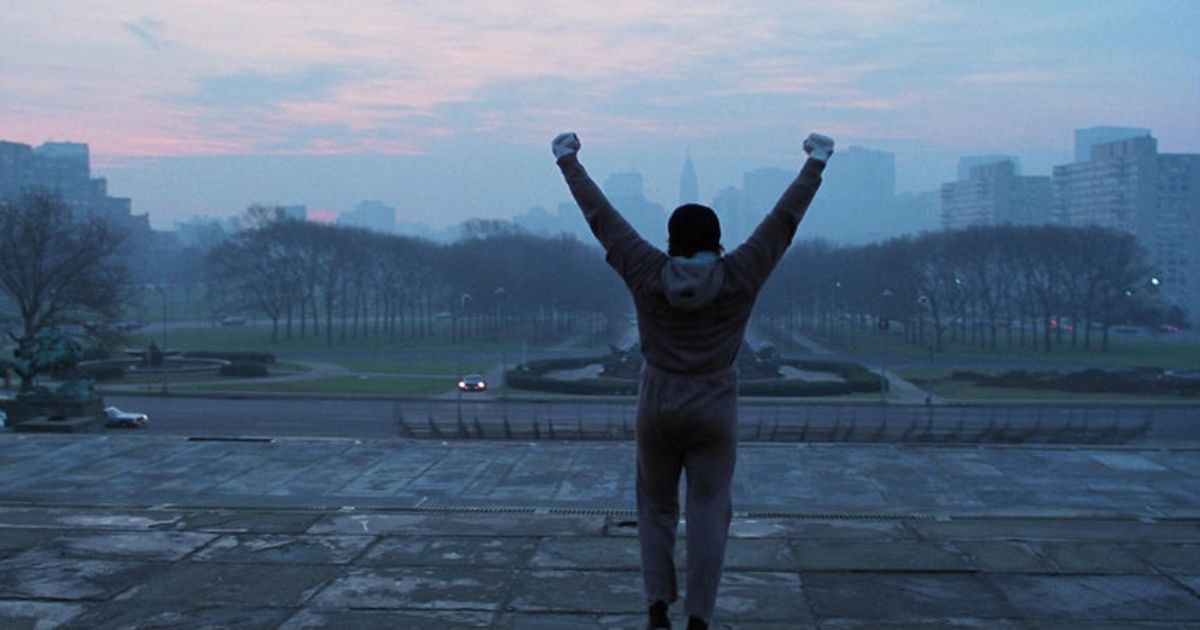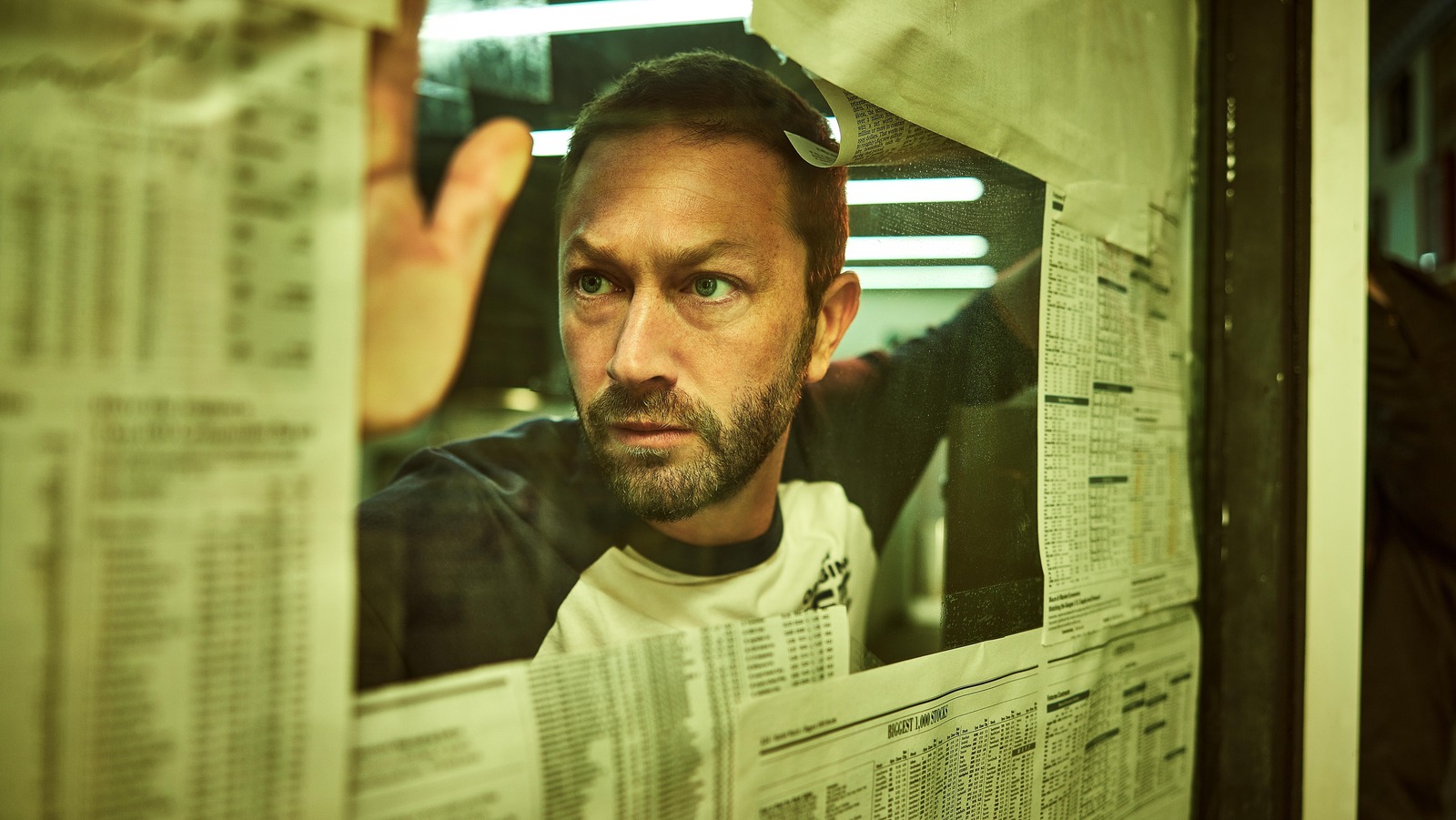Why TV Shows Are Better Than Film (Opinion)
FIlm may have a richer history, but TV Shows today are better than Film.
“The TV shows we love are populated by characters who seem real to us. We don’t have to agree with them, but we get where they’re coming from. We comprehend them on an emotional level.” — Vince Gilligan, creator of Breaking Bad & Better Call Saul.

Differences Between Film & TV
It’s undeniable how rich the history of film is, whether that be dating back to the earliest short films made by the Lumiere brothers, beginning the era of silent film that slowly but surely evolved into talkies. Eventually, we got the dazzle and shine of color pictures that have dominated the format since its inception.
It’s hard to argue that TV has historically been as bold and experiential as film has, but luckily, that’s not my argument. I believe that in today’s day and age, where nothing is truly shaking up the format of film to the degree that the aforementioned revolutionary inventions have, TV is a better medium than film is and has been so for some time now.
Ultimately, TV shows and films are two peas in the same pod, but they’re more like brothers with different interests than carbon copies. They’re both different mediums with separate hobbies and quirks, but they share some of the same interests.
Film is the older brother—the wiser kid—the kid given more time to succeed and more parental love because he came first and didn’t have to share that love until later on in life.
Film was more experimental—not everything worked, but everything that stuck was carried on to the next generation as a staple, while a different aspect was tinkered with.
Stabilizing A Rocky Start

A perfect example of this is the Steadicam. Steadicam is a brand of camera mount that stabilizes the camera so it doesn’t move when the person operating it moves.
This allowed filmmakers to enhance the shots they were taking with handheld cameras. An early use of a Steadicam is in John G. Avildsen’s Rocky (1976).
Rocky’s training and jogging scenes were all shot using a Steadicam, including the iconic shot of Rocky climbing the flight of stairs near the Philadelphia Museum of Art. Today, it’s rare to find a movie or TV production that doesn’t use Steadicams. Back then, it was revolutionary—today, it’s the standard.
TV was the younger brother, growing up wanting to emulate the older brother. At some point, TV realized that it had to become something radically different, so it did.
He took his older brother’s skillset and tried to change it up a bit. TV shows today are so radically different from what they were back then. Some remnants remain, but it was a different ball game with a different set of rules.
The First Era of TV
Early multi-season TV shows in the 1940s comprised either variety shows with comedic hosts like Ed Sullivan with The Ed Sullivan Show or sitcoms like Mary Kay and Johnny, which is credited as the first American sitcom ever made. Radio was still the most dominant broadcast medium globally in the 1940s.
The 1950s were when there was a lot more variety. Talk shows such as the still-running The Tonight Show, which back then starred Steve Allen, started becoming popular.

Westerns, game shows, dramas like The Twilight Zone, soap operas, children’s shows, and more variety in animated shows all started to pick up steam in this era.
In the following decades, all these branches of genres ended up becoming their own trees. It’s hard to say there weren’t innovations within the TV world, but for the most part, it was an evolution of what already existed.
I believe that the most significant evolution in TV after the 60s came in the late 90s in the form of a powerhouse show that shifted the market, and created TV as we know it today.
The Sopranos Effect
The Sopranos, created by David Chase, was the start of the revolution of serialized TV shows. Yes, some came before, but The Sopranos was the one that hammered them in.
The success of the show ushered so many competitors away from the standard procedural network TV shows, and instead brought in other competitors in a different market.
The Sopranos released its first season in 1999 on HBO, which was and still is a premium cable network, which meant that you had to pay extra money for it to be a part of your cable network.
Most people didn’t have HBO, but The Sopranos did fantastic numbers upon release on both HBO and DVD. HBO realized they could capitalize on the market and become innovators, which they did masterfully, hence the birth of “Peak TV.”

The Golden Age of Television
Peak TV is the term coined for the golden age of television, which is considered to be from 2000 onwards to today. Peak TV is when TV truly changed for the better. It was when networks realized the true potential of what TV shows could do narratively.
It resulted in more complex stories through writing, acting, and characters. It brought bigger budgets, with an emphasis on making the format more cinematic in scope, bringing in big-time directors to produce and even direct.
Shows like The Wire, Breaking Bad, Better Call Saul, The Bear, Succession, Game of Thrones, Mad Men, and so many more are all the result of this era. There was an emphasis on these types of more serious, serialized stories.
It was the birth of rich storytelling that could be used as the canvas for an artist’s long-form idea. The benefit of TV is that you can get countless hours with a story, while with a movie, they’re beholden to two to three hours at most.
The Benefits of TV

This time allows these shows to build out these worlds, make them feel lived in, and give these characters depth that film simply can’t. Mad Men, for example, had 92 episodes, each lasting 43 minutes over seven seasons to tell a complete story. Films simply don’t enjoy that luxury.
That time allowed Mad Men to develop Don Draper, the titular character, as a rich, layered character. The show’s long run allowed Jon Hamm, the actor who played the role, to really inhabit Don Draper to portray his complexities in such a compelling manner.
All of this allowed the audience to truly understand who Don was and why he was the way he was. It allowed us to understand all the complexities behind his facade.
That’s not even mentioning the incredible side characters built up over the years. The show used so much of its time on Don Draper, but the beauty of TV is that they still had time to flesh out everyone else as well.
Every single side character has multiple brilliant arcs that really made the show what it was. Peggy Olson, Pete Campbell, Roger Sterling, and Joan Holloway were all such fleshed-out characters who went through their own struggles, their own stories, and the ups and downs of their lives throughout the series while still staying attached to the overarching story.
The Bear’s Illustration of TV
Similarly, this is why Richie’s arc in The Bear is so incredible. He’s not the main character—hell, he’s the tertiary lead at best, but I’d argue he had the best arc.
The moment we meet him in season 1, Richie is showcased as this stubborn, high-intensity loudmouth, but as we delve further into the show, we realize he is all these things but so much more. He’s a guy still grieving his best friend while trying to keep his legacy alive with the restaurant.
That’s why season 2, episode 7, “Forks,” hits so hard. We watch Richie grow in front of our eyes. He rediscovers himself in a triumphant journey. “I wear suits now,” Richie says in the following episode.

Richie was a guy who was trying to change, but he didn’t know how. In “Forks,” he finds that way. He finds the first glimmer of hope he’s gotten in a long time and he finally makes that change in his life. That’s what that suit symbolizes.
It hits us so hard because we see ourselves in Richie: someone trying to be better but hasn’t had that chance yet. We see that beautiful, heartwarming journey he goes through, and by the end, we can do nothing but sing Taylor Swift with him.
Perhaps, the greatest part about Richie’s journey is that it isn’t over. It’s just in the middle, and he’ll have more ups and downs just as life does, and we’ll get to see so much more of that.
That is the power of what TV shows can do. They can create depth in a way that most mediums simply aren’t equipped to do. It allows us, as the audience, to fall head over heels for these characters and these stories. To me, that is the power of TV.
When shows like The Sopranos, The Bear, Mad Men, and so many more take full advantage of the versatility of the medium, there is nothing better.
The Pitfalls of TV

I will admit, this format isn’t perfect. There are a lot of shows that don’t get picture-perfect endings for various reasons. They could get canceled far before they finish the story they were set out to—they could simply have a lot of changes in production that result in the quality of the show diminishing from season to season.
It’s an imperfect medium because it’s handled by imperfect studios in an imperfect way that looks into the views from an algorithm more than it does quality. The streaming era has shown us this trend too many times. Quality is less and less of a factor for some of these companies, and that is the only thing holding the medium down.
The Variety of TV
The variety available has allowed these TV shows to experiment with how they deliver certain things. Unlike film, TV doesn’t get technological advancements first, but instead, they can get creative with them. This results in things like two-part episodes in various shows, as showcased in the currently airing X-Men ‘97 and its predecessor, X-Men: The Animated Series.
Miniseries and anthologies allow filmmakers to plan meticulously and tell a story within the confines of a singular season. It gives them the benefits of extra time while telling a contained story like film does. Shows like Band of Brothers, Chernobyl, True Detective, and Fargo have all used this format masterfully to craft some incredible television.

Why I Prefer TV
There are various arguments to be made about why films could be better, and I respect them all, but as someone who loves both, I’m simply more captivated by TV shows at their best. I get so much time with them, whether that be binge-watching shows from the past or watching as they air through the years. TV shows have given me so much to love and cherish through the years.
I’ve had so much time in the rich worlds of The Sopranos, The Wire, Mad Men, Better Call Saul, and Breaking Bad with these fully fleshed, complex characters. I’ve seen their journeys every step of the way, and they still captivate me and populate my mind to this day. TV shows like these will stay with me forever. That’s why I love TV.
If you liked this article, please be sure to check out some of our other articles and reviews here at Feature First. Thanks for reading!












